By: Chaunte’ Causey, Communications Manager, PCC
March is National Nutrition Month: A Time to Prioritize Your Health
March is National Nutrition Month, a dedicated time to focus on the vital role nutrition plays in our overall health and well-being. Spearheaded by the Academy of Nutrition and Dietetics, this annual campaign encourages individuals to make informed food choices and develop healthy eating habits that can lead to long-term benefits. This year’s theme is “Food Connects Us.”
The Importance of Good Nutrition and Connection Through Food
Food is a connecting factor for many of us. It links us to our cultures, our families, and our friends. Sharing a meal is an opportunity to learn about its preparation, who made it, and where the ingredients were sourced. Health, memories, traditions, seasons, and access can all impact our relationship with food. While these factors influence the foods we eat, the foods we eat also affect our health.
Proper nutrition is essential for maintaining a healthy lifestyle, preventing chronic diseases, and enhancing overall well-being. Eating a balanced diet can help manage weight, boost energy levels, support immune function, and improve mental clarity. Nutrition is especially important for individuals managing conditions such as diabetes, hypertension, and heart disease.
Making Healthier Choices
During National Nutrition Month, consider implementing small, sustainable changes in your eating habits:
- Eat a Variety of Foods: Incorporate fruits, vegetables, whole grains, lean proteins, and healthy fats into your diet to ensure you receive essential nutrients.
- Stay Hydrated: Water is crucial for digestion, circulation, and temperature regulation. Aim for at least eight glasses per day.
- Practice Portion Control: Being mindful of portion sizes can help prevent overeating and promote better digestion.
- Limit Added Sugars and Processed Foods: Reducing sugar intake and avoiding overly processed foods can help regulate blood sugar levels and support heart health.
- Plan Balanced Meals: Meal prepping and mindful grocery shopping can lead to healthier eating habits throughout the week.
Celebrate National Nutrition Month by educating yourself and others about the importance of a well-balanced diet. Try a new healthy recipe, learn about community food resources (like food banks SNAP, or WIC), consult with a healthcare professional to discuss your dietary needs. By making intentional food choices, you can take a proactive step toward a healthier future.
Reference: Academy of Nutrition and Dietetics

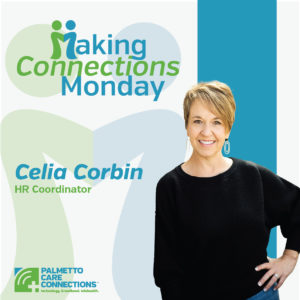 Say hello to Celia Corbin, our HR Coordinator at Palmetto Care Connections!
Say hello to Celia Corbin, our HR Coordinator at Palmetto Care Connections! 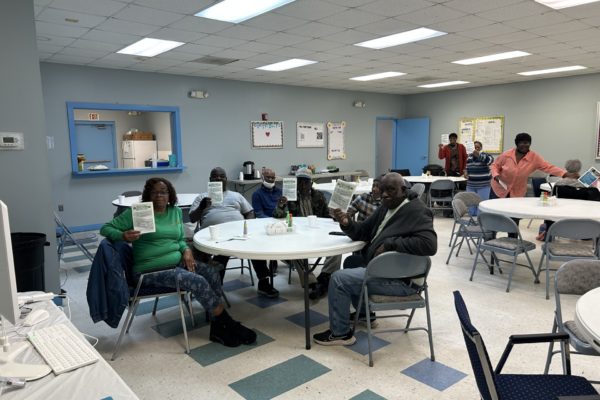
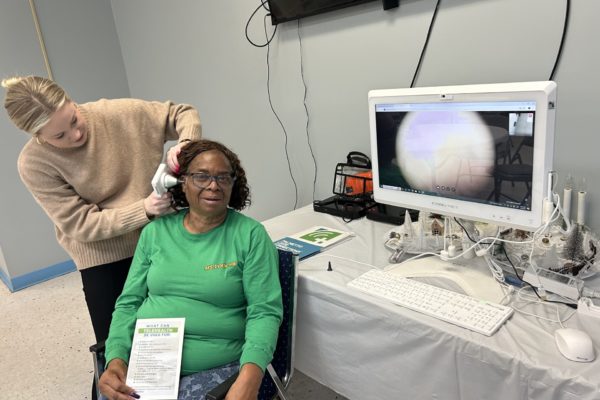
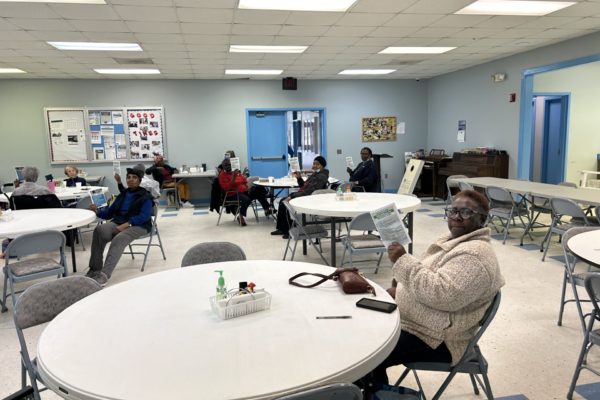
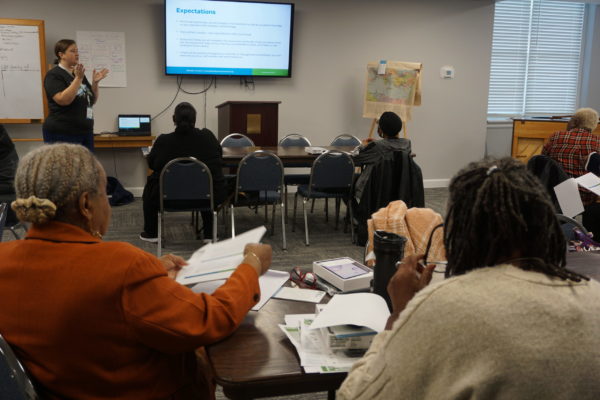

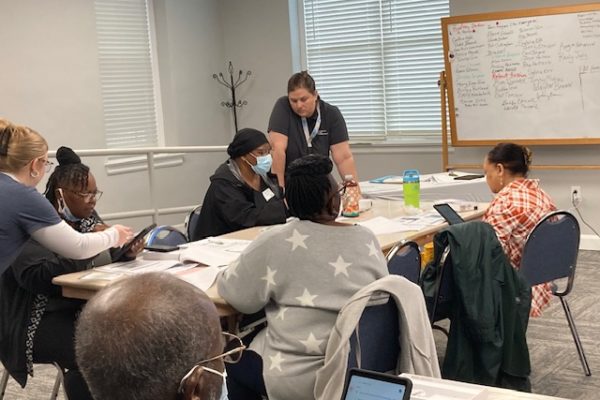
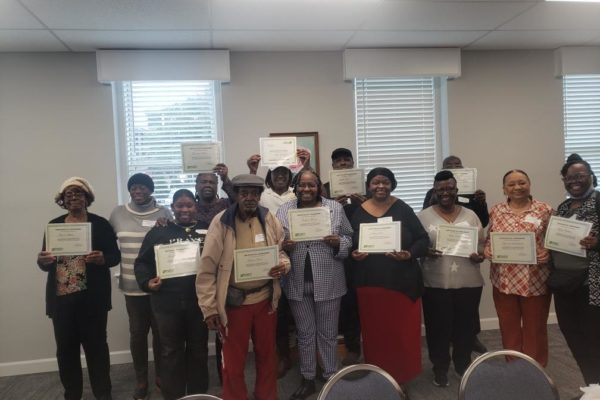
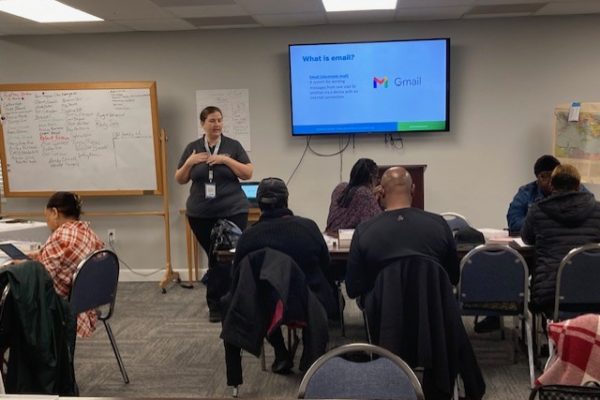
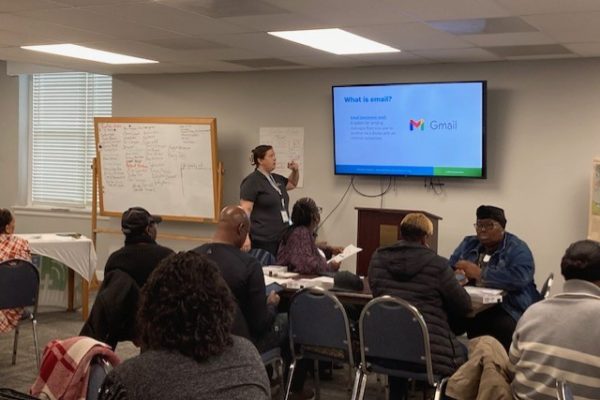
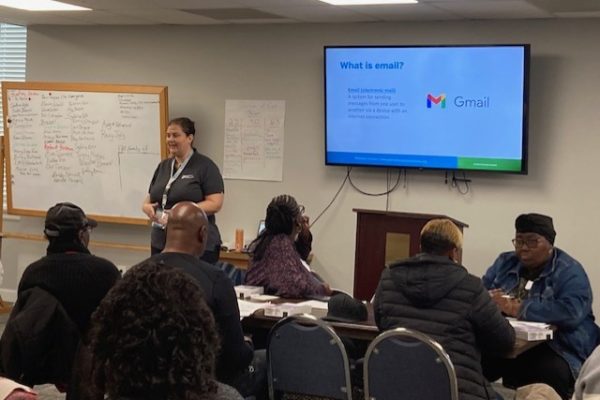
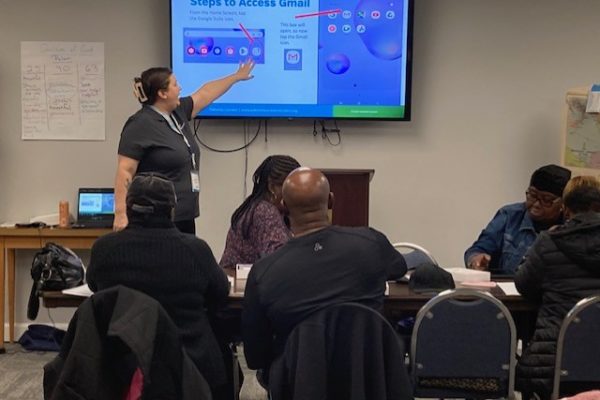
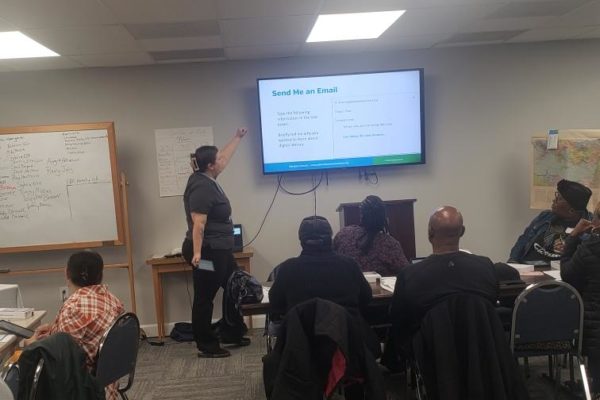
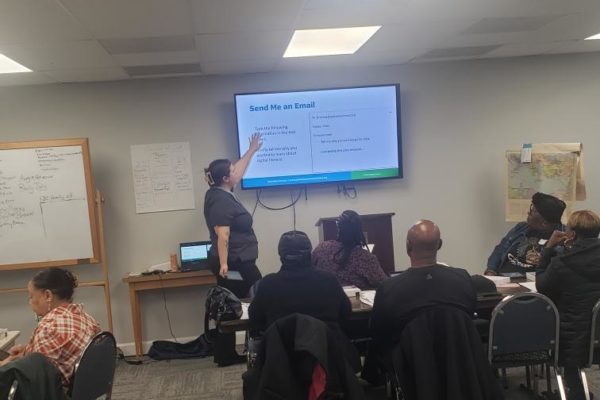
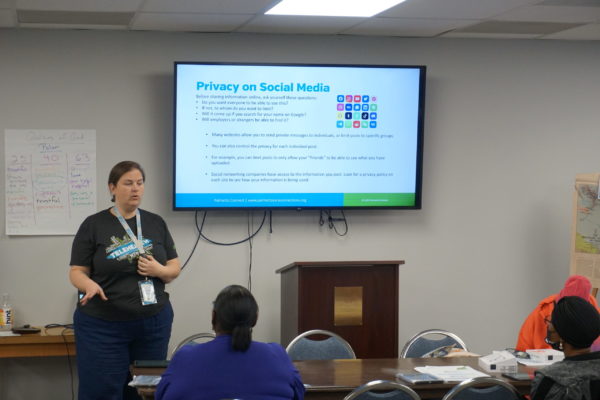
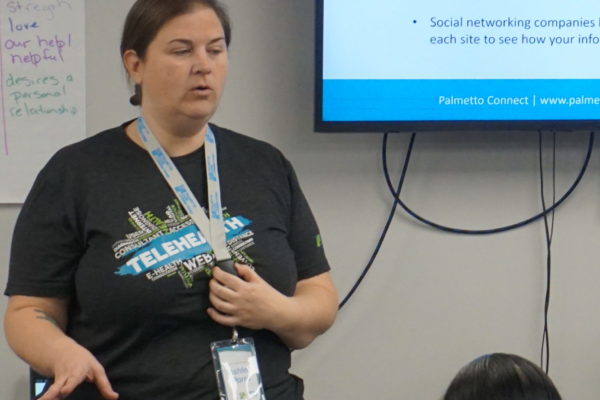
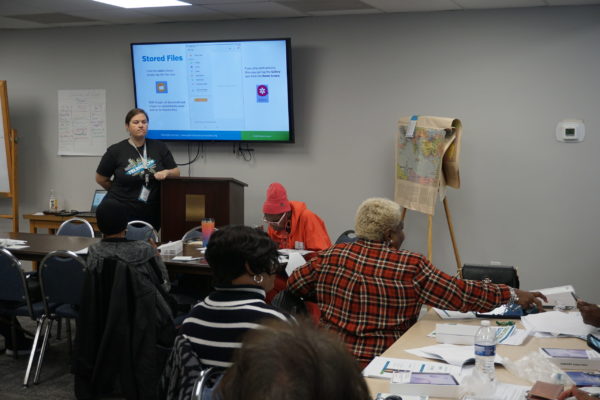
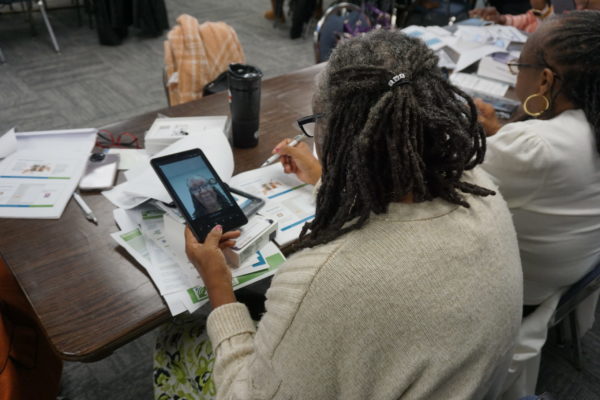
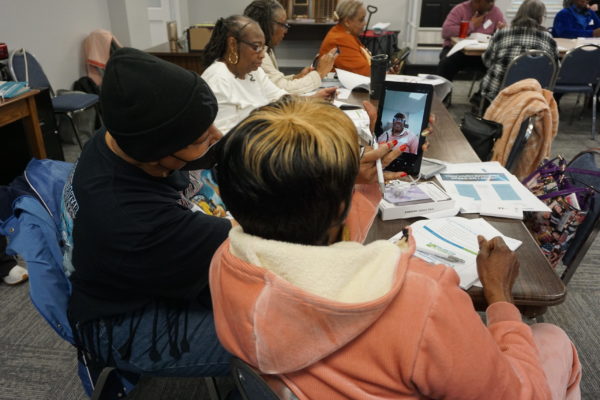
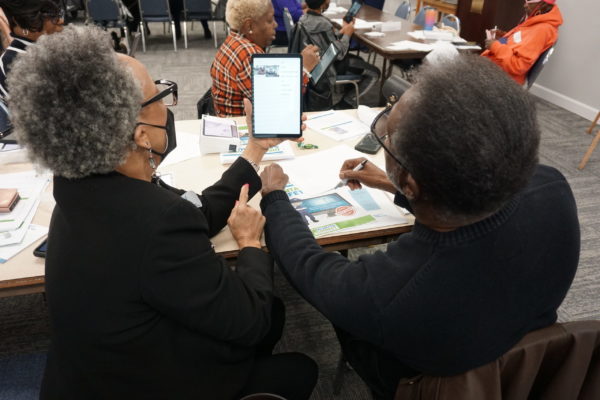
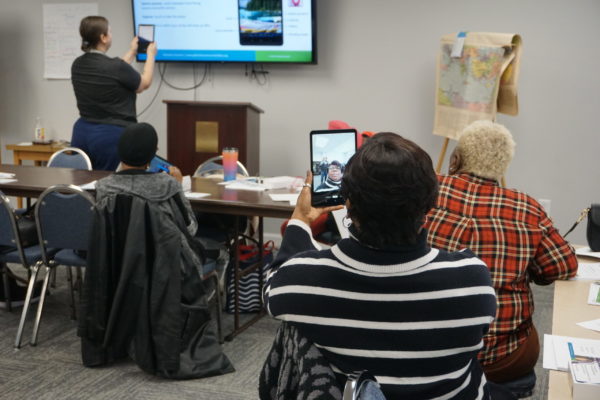

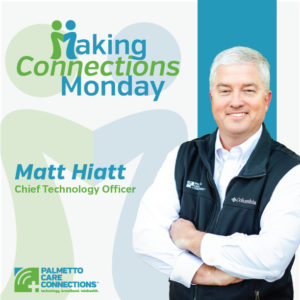
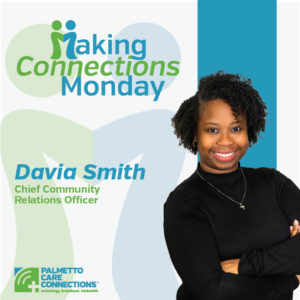 As the
As the  By: Chaunte’ Causey, Communications Manager, PCC
By: Chaunte’ Causey, Communications Manager, PCC
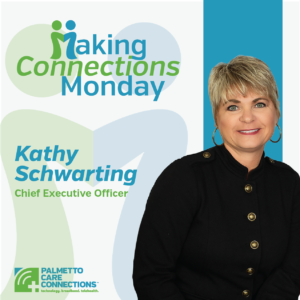 By: Chaunte’ Causey, Communications Manager, PCC
By: Chaunte’ Causey, Communications Manager, PCC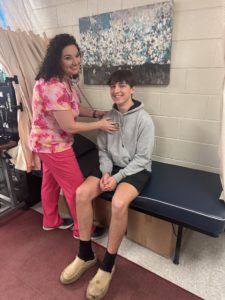
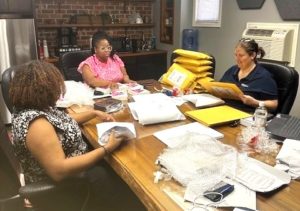 To help recipients make the most of their new devices, Palmetto Care Connections developed a series of online modules designed to strengthen digital skills. These modules cover key topics such as device operation, email communication, internet navigation, cybersecurity, telehealth usage, and health literacy. By completing these modules, participants gain confidence in using their tablets independently, empowering them to take full advantage of digital tools for managing their health.
To help recipients make the most of their new devices, Palmetto Care Connections developed a series of online modules designed to strengthen digital skills. These modules cover key topics such as device operation, email communication, internet navigation, cybersecurity, telehealth usage, and health literacy. By completing these modules, participants gain confidence in using their tablets independently, empowering them to take full advantage of digital tools for managing their health.